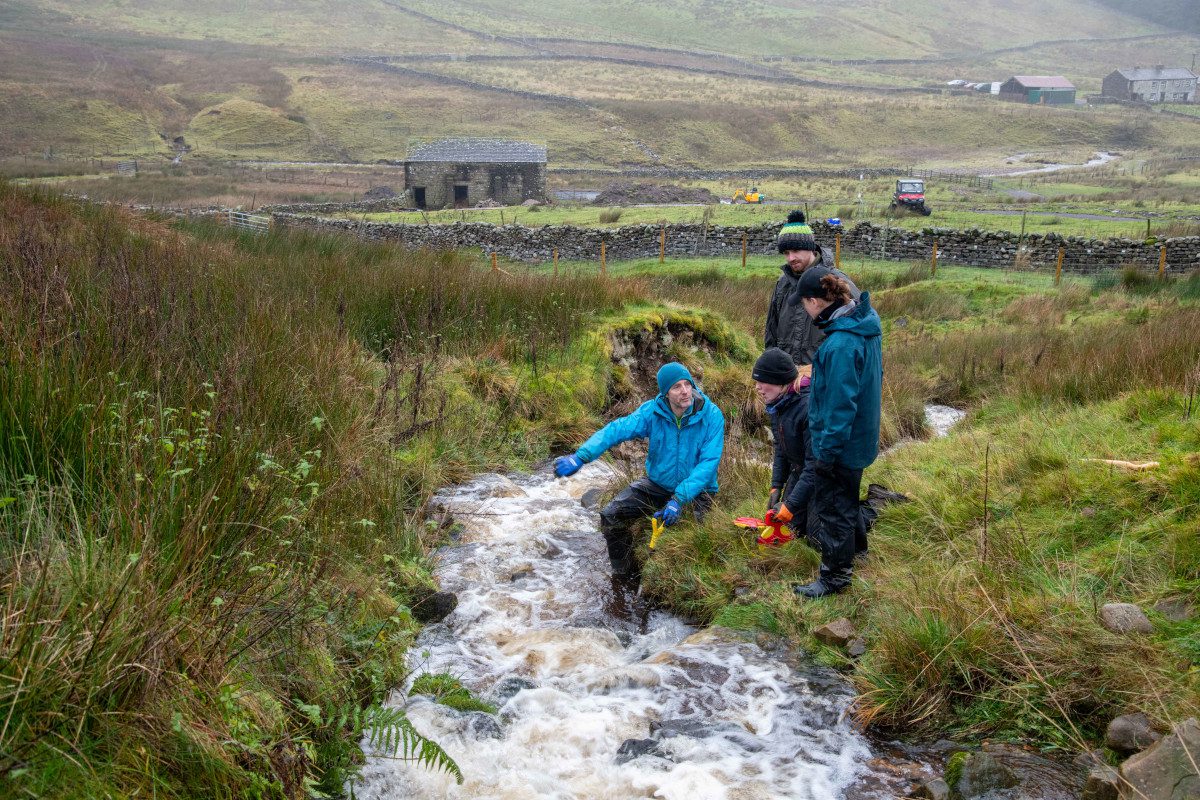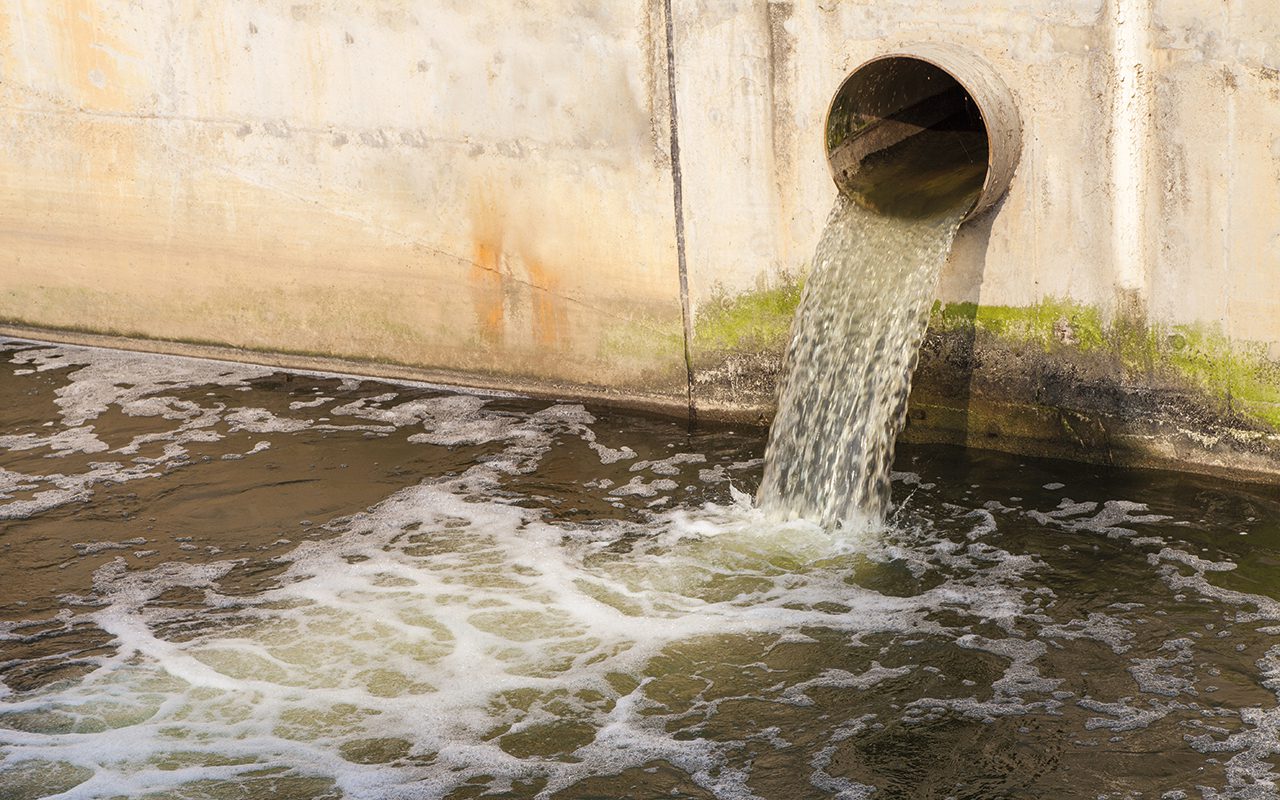The UK’s annual Recycle Week launches today (15 October) with a warning that households are wasting over one billion items every year that could be recycled. New statistics reveal millions of recyclable bottles, sprays and toilet roll tubes are facing incineration, or landfill (words: WRAP).
Britain’s most binned items include:
- 845 million cleaning product bottles
- 526 million aerosols
- 7.4 million yoghurt pots*
- 6 million aftershave and perfume bottles
- Toilet roll tubes**
Recent figures show UK recycling rates have fallen. While nine out of ten people regularly recycle, nearly eight out of ten put one or more items into the bin that could be recycled. In 2022, UK households produced 25,691,000 tonnes of waste of which 11,330,000 (44.1%) was recycled.
Today, Recycle Week Ambassador JJ Chalmers, WRAP CEO, Harriet Lamb and a crew of Recycle Week characters take to 10 Downing Street to deliver an impassioned letter to Keir Starmer, asking for the PM and the public’s help to rescue more recycling.
Heading the delegation are celebrity ambassador JJ Chalmers and WRAP CEO, Harriet Lamb, who will deliver the open letter on behalf of the team of characters, bringing the campaign to life and asking everyone to Rescue Me – Recycle.
The Recycle Week crew include Dee Dee the deodorant, Rey the plastic trigger spray, Yogi the yoghurt pot, Fitz the perfume bottle and Hube the toilet roll tube. Life-size characters have been produced to highlight the key message that recycling helps reduce the environmental costs of the products we buy. The team will be armed with placards, taking their message to Westminster, engaging with the public and visiting London landmarks to spread their message.
Harriet Lamb, WRAP CEO: “We’re a nation of recyclers with 8 out of 10 UK households regularly recycling, but we need to do so much more to rescue items from the main rubbish! Too often we’re putting goods such as deodorant cans, yogurt pots or cleaning bottles in the rubbish when they can in fact be recycled. The more items we rescue from the main bin, the less goes to landfill and incineration, the more we reduce our impact on the climate.
“This Recycle Week we urge every household, business, school and organisation to help rescue more items from the rubbish bin so that we can achieve a world where ‘landfill’ becomes little more than a memory, where we are recycling everything possible – and of course reducing the amount we use in the first place.”
A passionate environmentalist, JJ Chalmers returns to support Recycle Week and once again inspire the nation to rescue more recycling.
JJ Chalmers, “We can all play our part in tackling climate change. Recycling at home is a simple way to get involved and make a big difference. We need to move from a take-make-dispose model to a make, reuse, reuse, reuse approach.
“I am working with the Recycle Now team because I really want to encourage people to look at the packaging labels on every item to see if they can rescue and recycle the item. Many more household items can be recycled, and it just takes a second to check.”
Circular Economy Minister Mary Creagh: “With recycling rates falling and over one billion recyclable items binned annually, we have a huge task ahead to create the zero-waste society we all want to see.
“This year’s Recycle Week, we can all do our bit by rescuing more rubbish from the bin and recycling it instead.
“It’s also why this government will move towards a circular economy where we keep our resources in use for longer, waste is reduced, and the path to net zero is accelerated.”
During Recycle Week local authorities across England and Northern Ireland are hosting road shows, competitions and lots of social media activity where the public can get involved and support Recycle Week in their area.
Recycling is key to how the UK will move to a zero-waste circular economy. Recycling limits the impact that the items we buy have on the environment by keeping existing materials circulating and reducing the need to extract virgin resources such as fossil fuels and metals.
Recycle Now found that while 88% of the UK regularly recycle, nearly eight out of ten of us (79%) put one or more items into the bin that could have been recycled. So, this small act can have a big impact. By recycling more we can reduce the need for landfills and incinerators and prevent further damage to the environment.

















